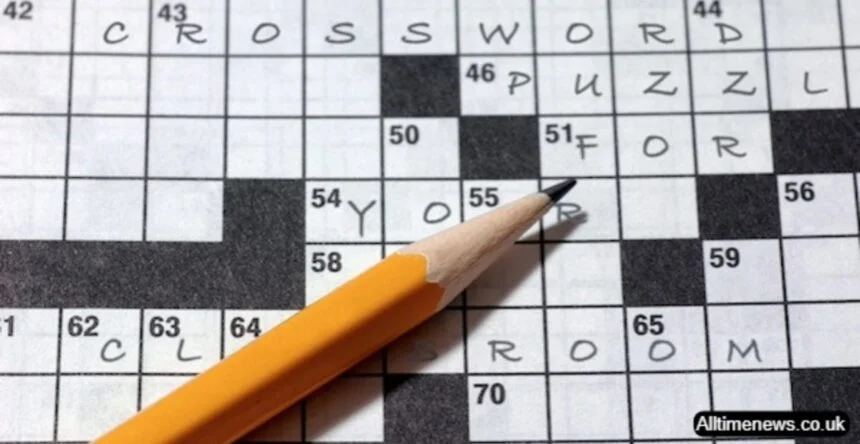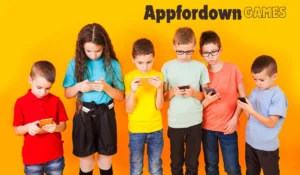Insinuate NYT Crossword Clue & Final Answer

Insinuate NYT Crossword Clue & Final Answer
If you’ve ever found yourself staring at a blank grid filled with enigmatic clues, you’re not alone. The New York Times crossword puzzle is a beloved pastime for many, challenging both seasoned solvers and curious newcomers alike. With its clever wordplay and cerebral twists, it’s no wonder that millions turn to the daily puzzle as part of their morning routine.
Among the myriad of clues you’ll encounter, some are trickier than others—like “insinuate NYT.” This blog post dives deep into what this clue means and how you can crack similar puzzles with ease. Whether you’re aiming to hone your skills or simply seeking answers, we’ve got tips and strategies that will elevate your crossword game!
The Importance of Understanding Clues
Understanding clues is crucial in solving NYT crosswords. Each clue offers a hint about the answer, but they often come with playful twists.
Often, clues aren’t straightforward. They can employ puns, double meanings, or cultural references that require some thought to decipher. Recognizing these nuances elevates your crossword skills significantly.
Moreover, different themes might be at play in puzzles on specific days. Familiarity with common phraseology or wordplay will help you connect the dots faster.
Another factor is context—crossword clues sometimes relate to current events or popular culture. Staying informed broadens your understanding and enhances your ability to tackle diverse puzzles effectively.
Developing an appreciation for how wordplay functions makes every completed puzzle more satisfying. It’s not just about filling in squares; it’s about engaging with language creatively and intellectually.
What Does
When you encounter the NYT crossword clue “Insinuate,” it often leads to a variety of interpretations. The word suggests subtlety and nuance, hinting at indirect communication or suggestion.
In crossword puzzles, context is crucial. Think about how the word might fit into different scenarios. Insinuations can be playful, deceptive, or even strategic.
Consider synonyms like “imply” or “hint.” These words carry similar meanings but may offer different letter counts for your puzzle grid.
Always pay attention to crossing words; they provide essential hints that can clarify the intended meaning behind “insinuate.” A single letter change could lead you down an entirely new path in solving your puzzle.
Understanding the layers behind clues enriches your experience and aids in finding solutions more effectively. Keep searching for those connections—every bit helps!
Strategies for Solving NYT Crossword Clues
Tackling NYT Crossword clues can be a delightful challenge. Start by reading the clues carefully; they often contain wordplay or puns that hint at the answer’s meaning.
Break down longer clues into smaller parts. Analyze each component to see if it corresponds with any familiar phrases or idioms. This technique helps simplify complex puzzles.
Look for common crossword tropes, like abbreviations or frequent entries. Knowing these patterns can save time and effort as you navigate through the grid.
Don’t hesitate to pencil in guesses based on your knowledge of culture, history, and language. Even if unsure, filling in some letters might trigger memories of related words.
Take breaks when needed. A fresh perspective often leads to breakthroughs you might miss after staring too long at a stubborn clue.
Analyzing the Final Answer
When faced with the clue “Insinuate NYT,” it’s crucial to consider both context and wordplay. This puzzle often employs creative language that may lead you to a synonym instead of a direct answer.
Look closely at the number of letters indicated in the crossword grid. This will guide your thought process towards the right word length. For “insinuate,” think about words that imply or suggest rather than state outright.
Cross-reference any potential answers with intersecting clues. Sometimes, a single letter can unlock the entire solution, revealing whether your guess is accurate.
Don’t shy away from synonyms; they frequently appear in these puzzles. The richness of vocabulary plays a significant role in crafting clever answers that fit right into place on your grid.
Common Pitfalls and How to Avoid Them
Crossword puzzles are a delightful challenge, but they come with their own set of pitfalls. One common mistake is overthinking clues. Sometimes, the simplest answer is the correct one. Don’t let complexity cloud your judgment.
Another issue many solvers face is misinterpreting wordplay or puns in clues. These clever twists can lead you astray if you take them too literally. Keep an open mind and consider alternative meanings.
Also, avoid getting stuck on a single clue for too long. If it’s not flowing, move on to another section of the puzzle. You might find that fresh perspective helps jog your memory later.
Don’t forget to check your answers as you go along. A small mistake early on can snowball into larger issues further down the line. Stay vigilant and keep refining your approach!
Tips for Becoming a Better Crossword Solver
To elevate your crossword-solving skills, practice regularly. Set aside time each day to tackle different puzzles. This routine will sharpen your mind and increase familiarity with common clues.
Expand your vocabulary. Read widely across genres—books, articles, blogs. The more words you know, the easier it becomes to recognize potential answers in puzzles.
Learn common abbreviations and acronyms used in crosswords. Familiarize yourself with terms like “NATO” or “USSR.” These frequently appear as answers or part of the clues.
Don’t hesitate to pencil in guesses as a strategy. Sometimes taking a risk can lead you closer to solving the entire puzzle.
Collaborate with friends or join online forums for shared insights. Discussing challenges can reveal new techniques and perspectives that enhance your approach to solving crosswords effectively.
Conclusion
Solving the NYT Crossword is more than just a pastime; it’s an engaging puzzle that sharpens your mind. Understanding clues like “insinuate NYT” can elevate your solving experience.
By mastering techniques and studying patterns, you’ll find yourself becoming more adept at deciphering even the trickiest clues. Remember to analyze each word carefully and avoid common pitfalls by not getting too hung up on one interpretation.
Crossword puzzles offer a unique blend of challenge and satisfaction. With practice and persistence, anyone can improve their skills—turning frustration into joy as they fill in those squares with confidence.
Keep exploring, keep practicing, and most importantly, enjoy the journey through each puzzle presented in your favorite crossword!








